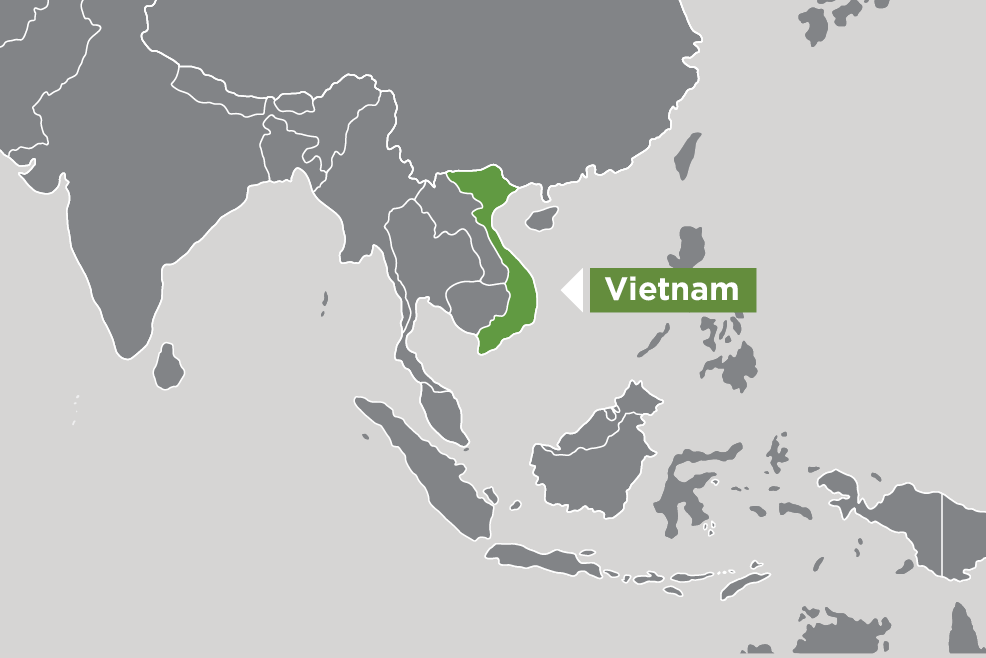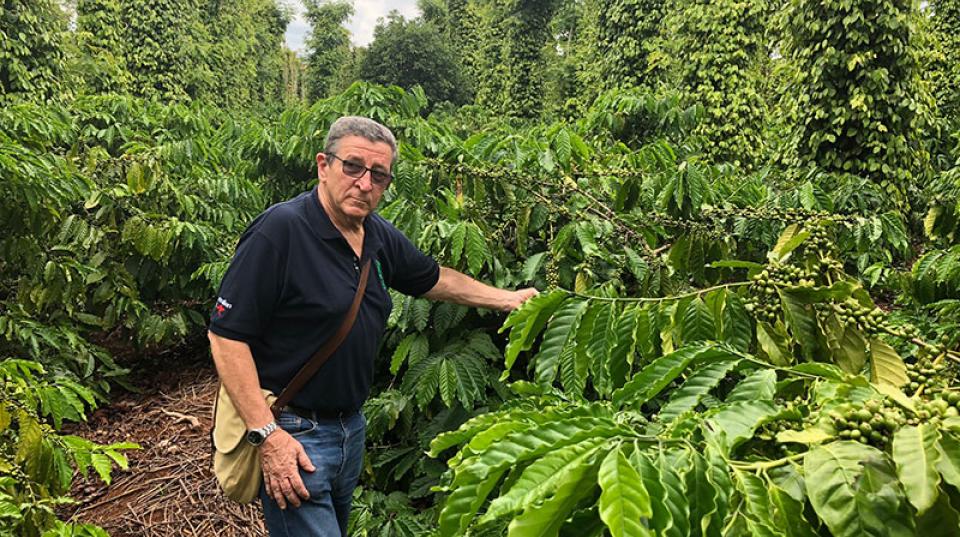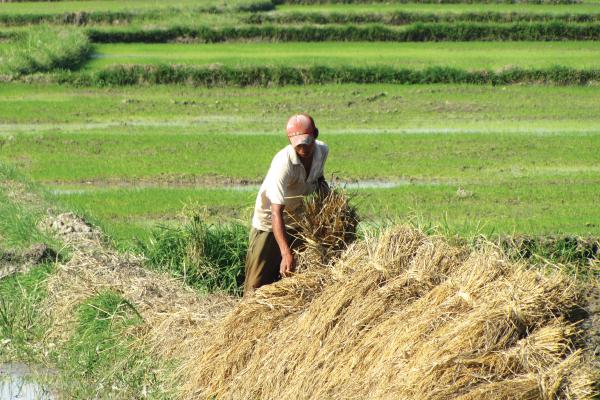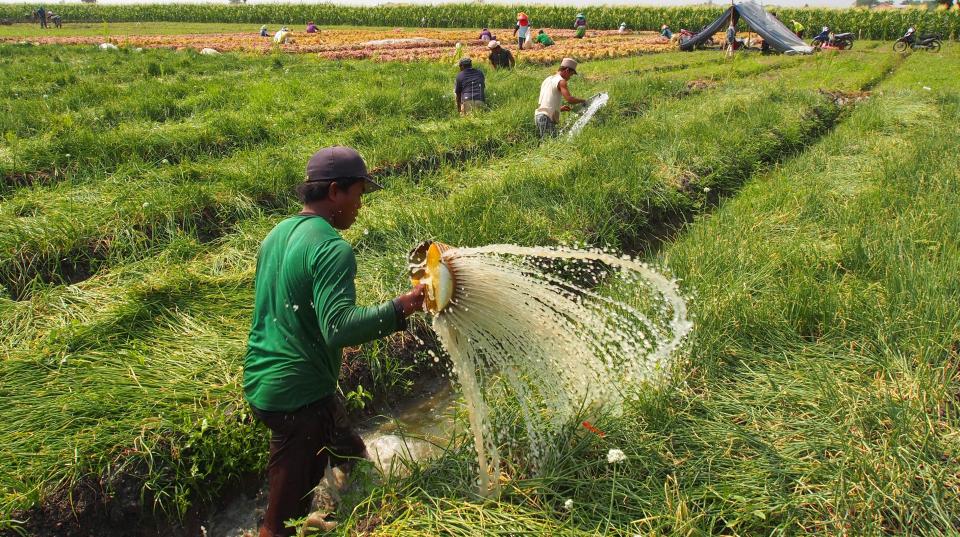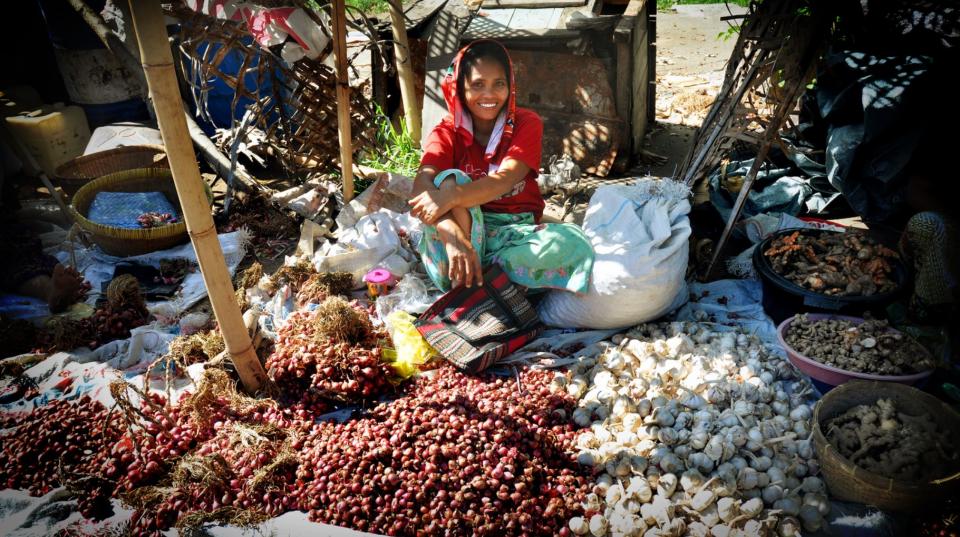Overview
The project aims to enhance smallholder livelihoods in the Central Highlands, including vulnerable populations, through improving the sustainability of coffee and black pepper farming systems and value chains.
Vietnam is the world’s largest producer of Robusta coffee and black pepper. With low domestic consumption, Vietnam is highly dependent on international trade for these two commodities. Production of both crops is overwhelmingly dominated by smallholder farmers and concentrated in the Central Highlands, where they directly and indirectly support more than 1 million livelihoods. Yet, the Central Highlands remain the second poorest Vietnamese region and home to more than 40 marginalised ethnic groups.
The rapid expansions of coffee, pepper and now fruit trees have resulted in widespread environmental degradation, inappropriate land use and severe deforestation. Intensive management practices were widely adopted to maintain high yield, involving the misuse and overuse of mineral fertilizers, irrigation water and synthetic pesticides. These inputs have in turn contributed to soil acidification and loss of soil fertility, as well as increased incidence of soil borne pests and diseases, further driving the trend for additional inputs. The leakage of nutrients and synthetic pesticides into deep soil horizons also put the underground water resource at risk. As a result, the Central Highlands is now one of the most degraded areas in Vietnam.
Improvement of farmers’ livelihoods and reduction of environmental degradation requires a systemic approach: a) reduce production costs (decreased use of fertilisers and irrigation); b) increase resource-use efficiency (improve soil health and soil fertility through intercropping/agroforestry); c) prevent further environmental decline and improve food safety; d) leverage opportunities in value chains; and e) integrate with other processes of rural change.
The ability to facilitate sustainable farming system development in the Central Highlands is currently hindered by various knowledge gaps. Working at plot and farm levels to bridge gaps and improve resource-use efficiency is the basis for integrated farming systems that optimise long-term yields.
This project will build on previous ACIAR research including, and not limited to, the two projects AGB/2018/208 and SLAM/2018/209 (currently active in the Central Highlands) and AGB/2010/099 on Evaluating Smallholder Livelihoods and Sustainability in Indonesian Coffee and Cocoa Value Chains.
Expected project outcomes
- Improving food security and reducing poverty among smallholders and rural communities by providing recommendations to key organisations and actors involved in delivering programs in the Central Highlands on how rural livelihoods’ trajectories are responding to various interventions and farming approaches.
- Managing natural resources and producing food more sustainably by developing safer soil-borne pest and disease management practices, resource-use efficiency methods and coffee/pepper improved agroecological zoning (AEZ) and targeted scaling of good agricultural practices that will assist government agencies and private sector programs both at farm and landscape levels.
- Fostering more inclusive agri-food market chains by working with the private sector and farmers to design, assess and develop value-chain innovations and models that simultaneously address end-market requirements, the needs of lead firms and of rural producers.
